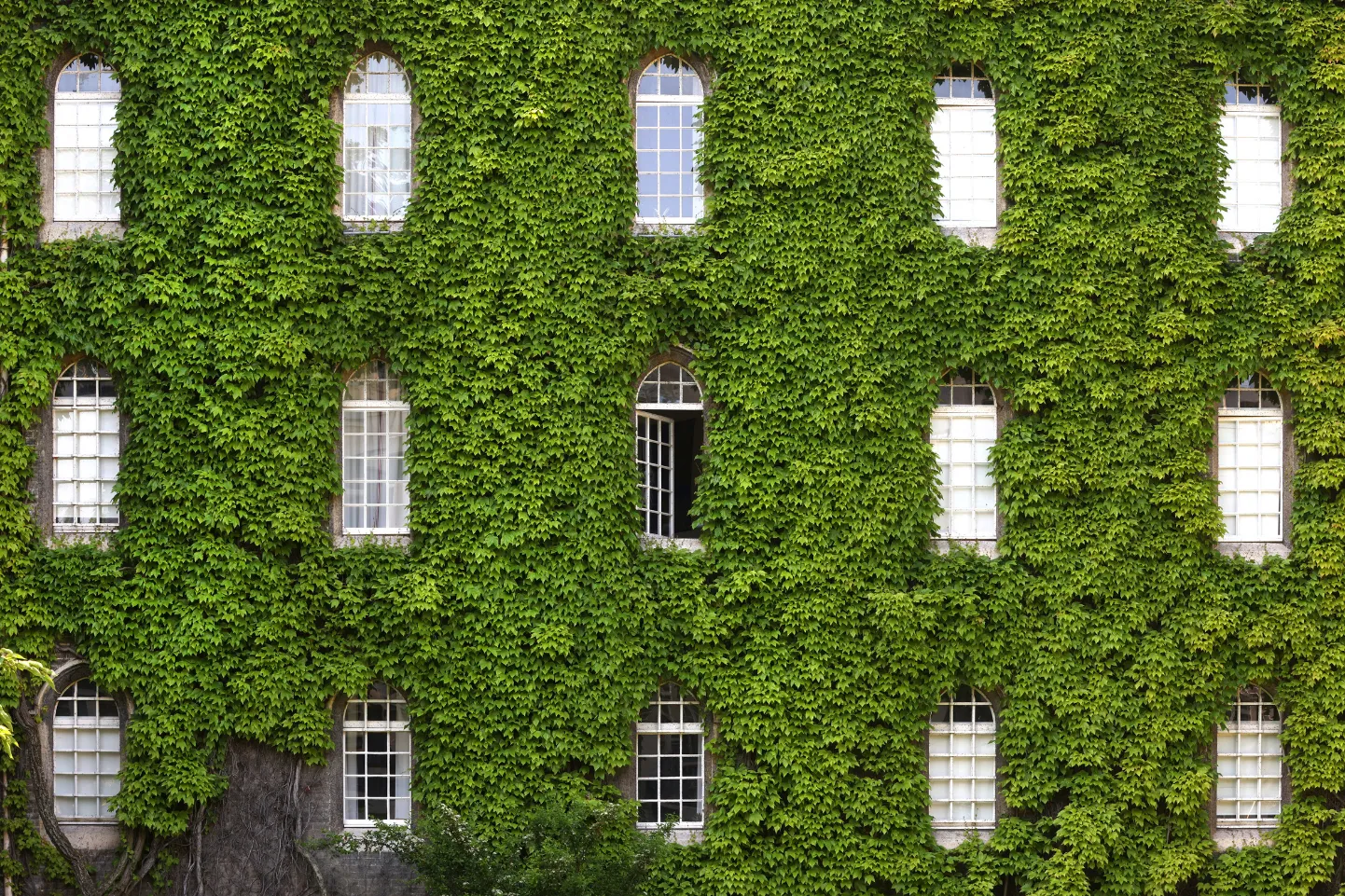St John's is at the forefront of tackling the climate emergency through pioneering research and sustainable practices. Our world-class academics are developing transformative technologies to combat climate change, while we integrate sustainability into every aspect of College life - from energy and food to biodiversity. Learn more about our commitment to a greener future and the global impact of our efforts.



